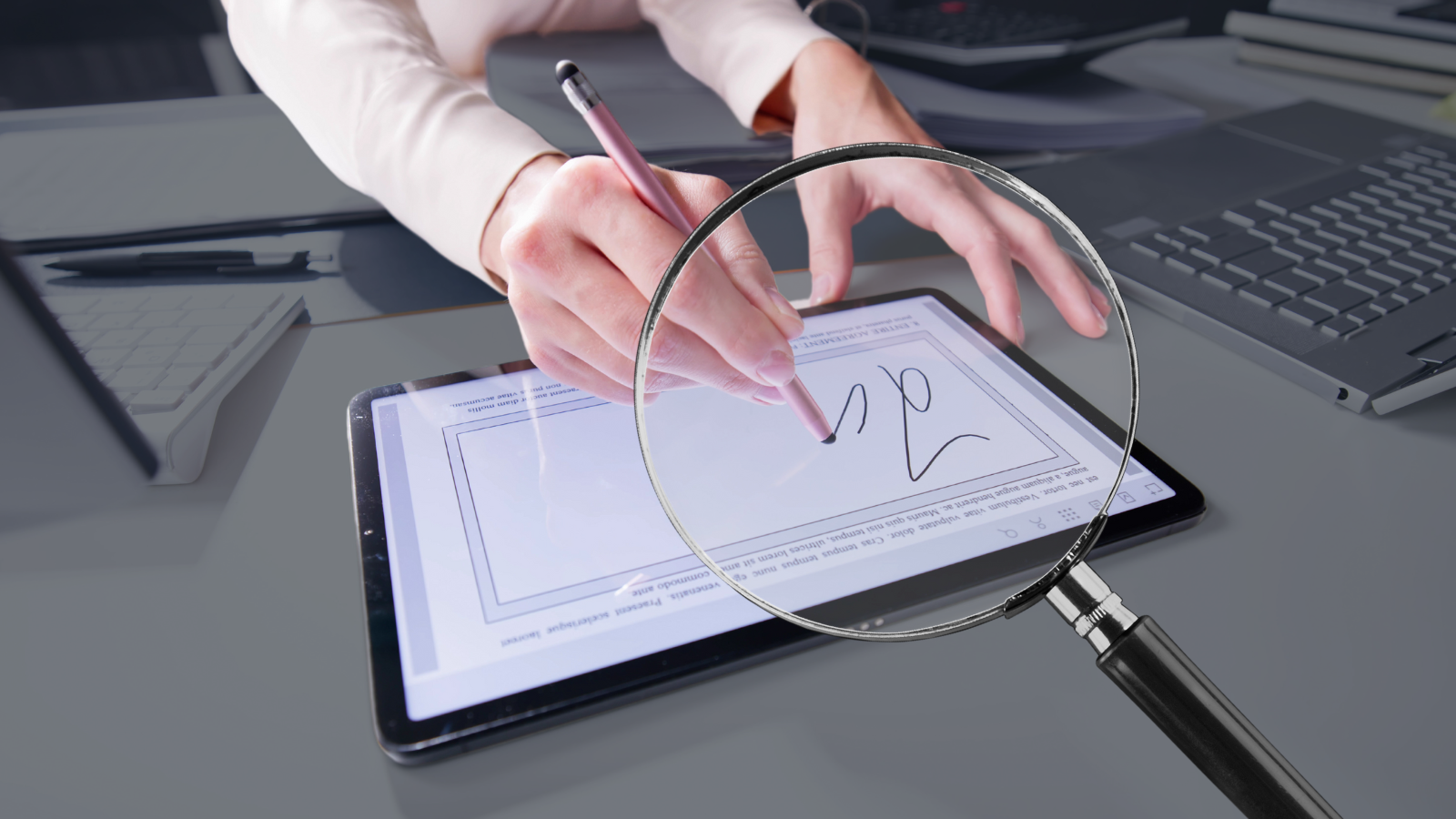
The rise of electronic signatures (e-signatures) has revolutionized how people sign and secure documents. This transformation has gained momentum in the Philippines, driven by the need for efficiency, security, and compliance. However, as technology evolves, so do the threats. Deepfakes—AI-generated manipulations that mimic real individuals—pose significant risks to the integrity of legal documents.
AI and biometric e-signatures are proving to be vital tools in combating these threats, ensuring that e-signatures in the Philippines remain secure and reliable. Let’s explore how these technologies work together to safeguard digital transactions.
Deepfakes, created using advanced AI, can manipulate audio, video, or facial features to convincingly impersonate real individuals. They often link to social media hoaxes or misinformation campaigns, but they pose a far more concerning impact on legal transactions.
Imagine a situation where a forged e-signature, coupled with a deepfake video of a supposed signatory, is used to finalize a fraudulent transaction. The implications for businesses and individuals in the Philippines are staggering—financial losses, legal disputes, and a breakdown in trust for digital platforms.
AI and biometric e-signatures are stepping in as formidable defenses to counter this.
Artificial intelligence plays a dual role in e-signatures. It enhances the signing processes’ efficiency and protects against fraudulent activities like deepfakes. Here’s how AI contributes:
With these capabilities, AI becomes a cornerstone in protecting e-signatures in the Philippines from the growing threat of deepfakes.
Biometric e-signatures leverage unique physical characteristics like fingerprints, facial recognition, or voice patterns. Unlike traditional authentication methods, biometrics are incredibly difficult to replicate, making them an effective defense against deepfakes.
In the Philippines, where legal transactions often involve sensitive data, biometric e-signatures provide unparalleled security.
AI and biometric e-signatures are finding widespread use across industries in the Philippines, particularly where deepfakes pose a significant threat. These technologies are safeguarding transactions in areas such as:
By integrating these advanced tools, businesses in the Philippines can confidently transition to digital operations without fear of deepfake-related fraud.
SignSecure, UNAWA’s cutting-edge e-signature platform, stands out for its innovative features tailored to combat modern threats like deepfakes. Its UNAWA Facial Recognition (UFR) technology uses biometrics to ensure that every signatory is who they claim to be.
SignSecure represents the future of e-signatures in the Philippines, with UFR biometrics authentication to offer unmatched protection.

Adopting AI and biometric e-signatures in the Philippines delivers numerous advantages, particularly in combating modern threats like deepfakes:
While AI and biometric e-signatures are powerful, there are hurdles to their widespread adoption:
Addressing these challenges will require a concerted effort from businesses, policymakers, and technology providers.
The battle against deepfakes is far from over, but AI and biometric e-signatures provide a robust solution for securing legal documents. As these technologies evolve, they will redefine how Filipinos approach digital transactions, making them safer and more efficient.
E-signatures in the Philippines are not just a convenience—they are a necessity in the fight against modern digital threats like deepfakes. By leveraging AI and biometric e-signatures, businesses and individuals can confidently protect their legal documents. Platforms like SignSecure showcase how cutting-edge technology can provide peace of mind, ensuring that the future of e-signatures in the Philippines is secure and fraud-proof.